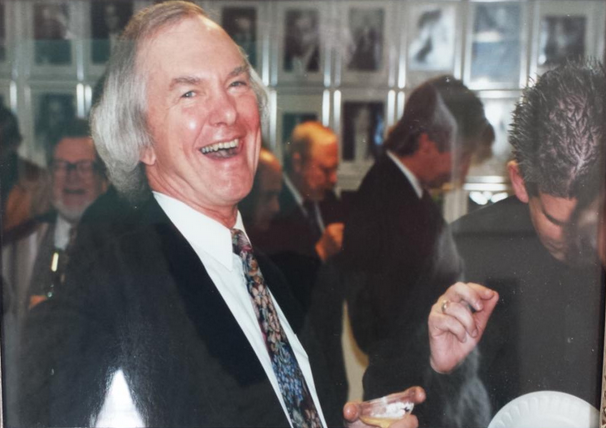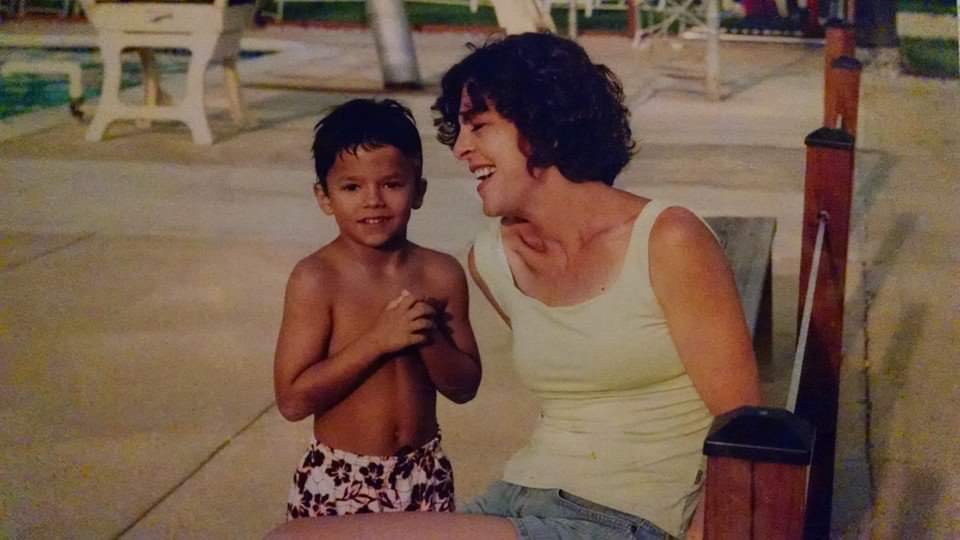RICHMOND, Va. (WRIC)- Virginia lawmakers are considering a bill that would allow terminally ill patients to end their own lives using medication.
Eight states and D.C. have already legalized this option, according to Compassion and Choices, an advocacy group supporting the bill.
Those in favor of the proposal say it’s a way for patients to die with dignity but others have major concerns about making what they consider suicide more accessible.
Kristen Hanson, an advocate with the Patients Rights Action Fund, said her husband JJ lived more than two years longer than expected with terminal brain cancer. He passed away at age 36 in December of 2017.

“He said if he had those suicide pills with him during those days he might have taken them and you can’t undo that choice, you can’t go back,” Hanson said.
A bill being considered by the House Courts of Justice Committee would allow providers, including physicians assistants and nurse practitioners, to prescribe medication to end a patient’s life. The cause of death would be listed as their terminal illness, not suicide.
Jud Richland, a volunteer with Compassion and Choices whose been working with Del. Kaye Kory (D-Fairfax) on the bill, says the medication works in a couple of hours in most cases.
Patients first have to give verbal consent at least twice and written consent with a witness present. The bill also requires patients be informed about alternatives, including comfort care, hospice care and pain control.
Patients can change their minds at any time.
Sara Stern from Arlington, Virginia wishes her husband David had that option before terminal brain cancer led him to take his own life using other means.

“Unfortunately the only other way that he was able to bring about his death in Virginia was by stopping eating and drinking. He died of thirst in approximately two weeks,” Stern said. “It was excruciating to have to endure this with him and see what he had to go through.”
Ian Cooper, 22, was only seven years old when he watched his mother struggle with terminal cancer in her esophagus. Cooper didn’t want to go into detail about how she passed away but he supports patients having access to life-ending medication.
“I just don’t think anyone else’s family should have to go through that,” Cooper said. “When someone is on death’s door, I think they should have the choice.”

Dr. Thomas Eppes, former president of the Medical Society of Virginia, has several concerns about the proposal.
“Number one, predicting death is not easy,” he said.
Eppes added life-ending medications are not well studied and required wait periods in the bill are not long enough for patients to benefit from depression treatment.
Mother Molly Korte is worried insurance companies will deny standard treatment and offer life-ending medication to cut costs.
She says the bill could put her autistic son’s life at risk. Korte told 8News that Jacob’s care would fall to the Commonwealth if something happened to her and her husband.
“Jacob cannot always tell us what he wants, he cannot verbalize this. By passing this law his very existence would be at the mercy of doctor’s discretion,” Korte said.
Richland said patients have to be deemed “mentally capable” in order to request this option. For example, he said people with dementia are not able to access life-ending medication in states that have legalized it.
The bill also makes it a Class C felony to coerce or intimidate a patient into making this choice.
You can read a summary of HB1649 below.
Health care; decision making; end of life; penalties. Allows an adult diagnosed with a terminal condition to request and an attending health care provider to prescribe a self-administered controlled substance for the purpose of ending the patient’s life in a humane and dignified manner. The bill requires that a patient’s request for a self-administered controlled substance to end his life must be given orally on two occasions and in writing, signed by the patient and one witness, and that the patient be given an express opportunity to rescind his request at any time. The bill makes it a Class 2 felony (i) to willfully and deliberately alter, forge, conceal, or destroy a patient’s request, or rescission of request, for a self-administered controlled substance to end his life with the intent and effect of causing the patient’s death; (ii) to coerce, intimidate, or exert undue influence on a patient to request a self-administered controlled substance for the purpose of ending his life or to destroy the patient’s rescission of such request with the intent and effect of causing the patient’s death; or (iii) to coerce, intimidate, or exert undue influence on a patient to forgo a self-administered controlled substance for the purpose of ending the patient’s life. The bill also grants immunity from civil or criminal liability and professional disciplinary action to any person who complies with the provisions of the bill and allows health care providers to refuse to participate in the provision of a self-administered controlled substance to a patient for the purpose of ending the patient’s life.
LATEST HEADLINES:









